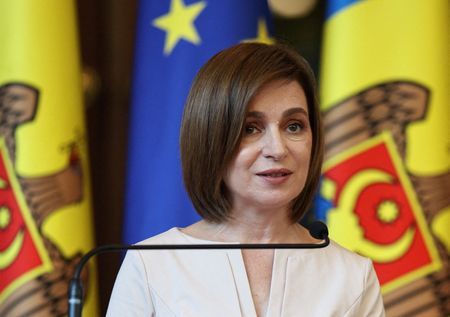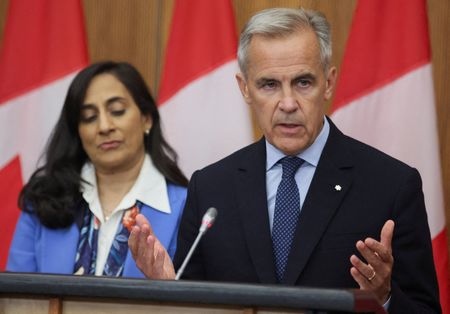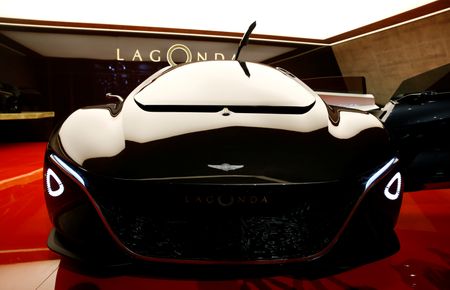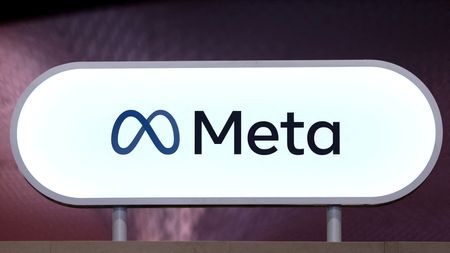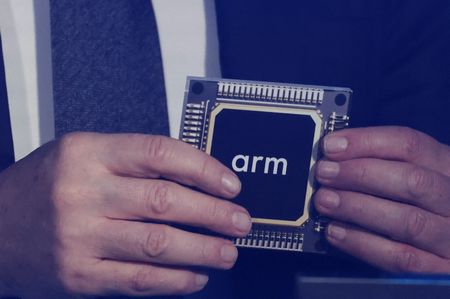CHISINAU (Reuters) -Moldovan President Maia Sandu said on Wednesday that electoral corruption and illegal external financing from Russia were the biggest threats to a parliamentary election on September 28, allegations that Moscow denied.
The vote could see Sandu’s Party of Action and Solidarity lose its majority in the assembly of the ex-Soviet state, which lies between Ukraine and Romania.
“The Russian Federation wants to control the Republic of Moldova from autumn onwards and is preparing unprecedented interference in the September elections,” Sandu told a press conference in Chisinau.
The Kremlin denied on Wednesday that Russia sought to meddle in the election.
Four pro-Russian parties have said they will form a bloc in order to press for victory in the election and oust the government, which is committed to seeking European Union membership by 2030.
Ties between Russia and Moldova, which was formerly part of the Soviet Union, have deteriorated as the Moldovan government has accelerated its push to integrate with the EU.
“The greatest danger of Russia’s interference in our internal affairs is that it poses a direct threat to our country’s national security, sovereignty, and European future,” Sandu said.
Moldova also accused Russia of interfering in the presidential election and a referendum on joining the European Union last year. Moscow denied those allegations.
The government said the main instruments that could be deployed by Russia included bribery of voters, cyberattacks, information manipulation campaigns and paid protests.
“Funding of approximately 100 million euros is planned through cryptocurrencies alone,” Sandu said about funds which she said could be used for electoral corruption. She provided no evidence for the allegations.
A poll published in July put Sandu’s PAS on 27.4% support ahead of the election, compared with 10.4% for the opposition Socialists.
Moldova’s Central Election Commission this month refused to register the pro-Russian Victory bloc, formed in 2024 and backed by pro-Kremlin fugitive oligarch Ilan Shor, for the vote on grounds of violating electoral financing laws. Shor dismissed the decision as absurd.
(Reporting by Alexander Tanas and Tom Balmforth; Writing by Reuters; Editing by Kevin Liffey and Alison Williams)

